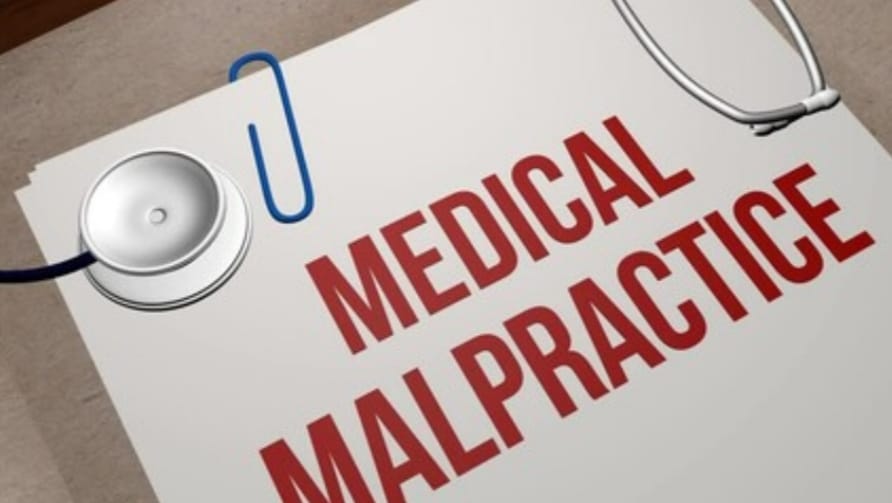You’ve likely heard the term “medical malpractice” at some point in your life, especially if you’re someone who follows court cases, or you like to stay up to date with current news and events. But what exactly is medical malpractice? And why is it such a big deal? As the name suggests, medical malpractice is when a doctor, surgeon, or other medical practitioner makes a mistake in their work, and this mistake affects a patient. We’ll be talking about what counts as medical malpractice, as well as the implications that it holds for patients who have fallen victim to it.
What counts as medical malpractice?
As mentioned, if a medical practitioner makes a mistake that impacts a patient’s life, it likely counts as medical malpractice. A few examples include things like a misdiagnosis, being prescribed the wrong medication, or a surgeon making a mistake during surgery – such as leaving surgical equipment in a patient’s body and sewing it shut. While medical malpractice can severely impact a doctor’s career, it is important to note that it very much depends on the context and circumstances surrounding the events. If, however, a patient can prove that their life has been negatively affected by a mistake made by a medical practitioner, they may be able to have a case that they can take to court. Since these cases can be hard to prove or win, it is advised that you get the help of medical malpractice attorneys in Pittsburgh.
The financial implications
The truth is that most medical events cost a lot of money, and medical malpractice can lead to complications that deplete your bank account even more. Of course, if you can win your medical malpractice case and receive compensation, that would help a lot, but that is unfortunately not the case for everyone. Some people will have to pay for other’s mistakes. If you have no other options, you may want to consider tapping into your savings.
The physical implications
In some cases, a patient may physically be impacted by the event that took place. Certain medical malpractices, such as a misdiagnosis, could lead to a patient’s problem worsening. Others, like sewing medical equipment shut inside a patient’s body, may require another surgery to fix the mistake. If you are a victim of medical malpractice, you need to understand that you may need to put in extra time and effort to allow your injuries to heal. It may be necessary to talk to your boss about your situation, especially if you end up needing more time off than anticipated.
The emotional implications
Finally, medical malpractice can have severe emotional implications. Of course, these can affect the person responsible, such as the doctor, but they can also seriously affect the victim. As mentioned, medical malpractices can have financial and physical consequences, and dealing with these is sure to affect someone’s mental health as well. On top of that, if the mistake was a misdiagnosis, this means that the patient has to deal with the emotional effects of that as well. If you’re struggling to deal with the aftermath of medical malpractice, you may want to consider seeing a therapist
Related readings:
- Here's how improvements in the IT sector have helped the medical industry
- 7 Reasons A Medical Practice Can’t Do Without A Healthcare Call Center
- 7 Reasons To File A Medical Malpractice Lawsuit
- Medical Malpractice: A Look into the Ethics of Misdiagnosis
- How To Find The Best Medical Professionals
- Here's how improvements in the IT sector have helped the medical industry

Isreal olabanji a dental assistant and public health professionals and has years of experience in assisting the dentist with all sorts of dental issues.
We regularly post timely and trustworthy medical information and news on Fitness, Dental care, Recipes, Child health, obstetrics, and more.
The content is intended to augment, not replace, information provided by your clinician. It is not intended nor implied to be a substitute for professional medical advice. Reading this information does not create or replace a doctor-patient relationship or consultation. If required, please contact your doctor or other health care provider to assist you to interpret any of this information, or in applying the information to your individual needs.


